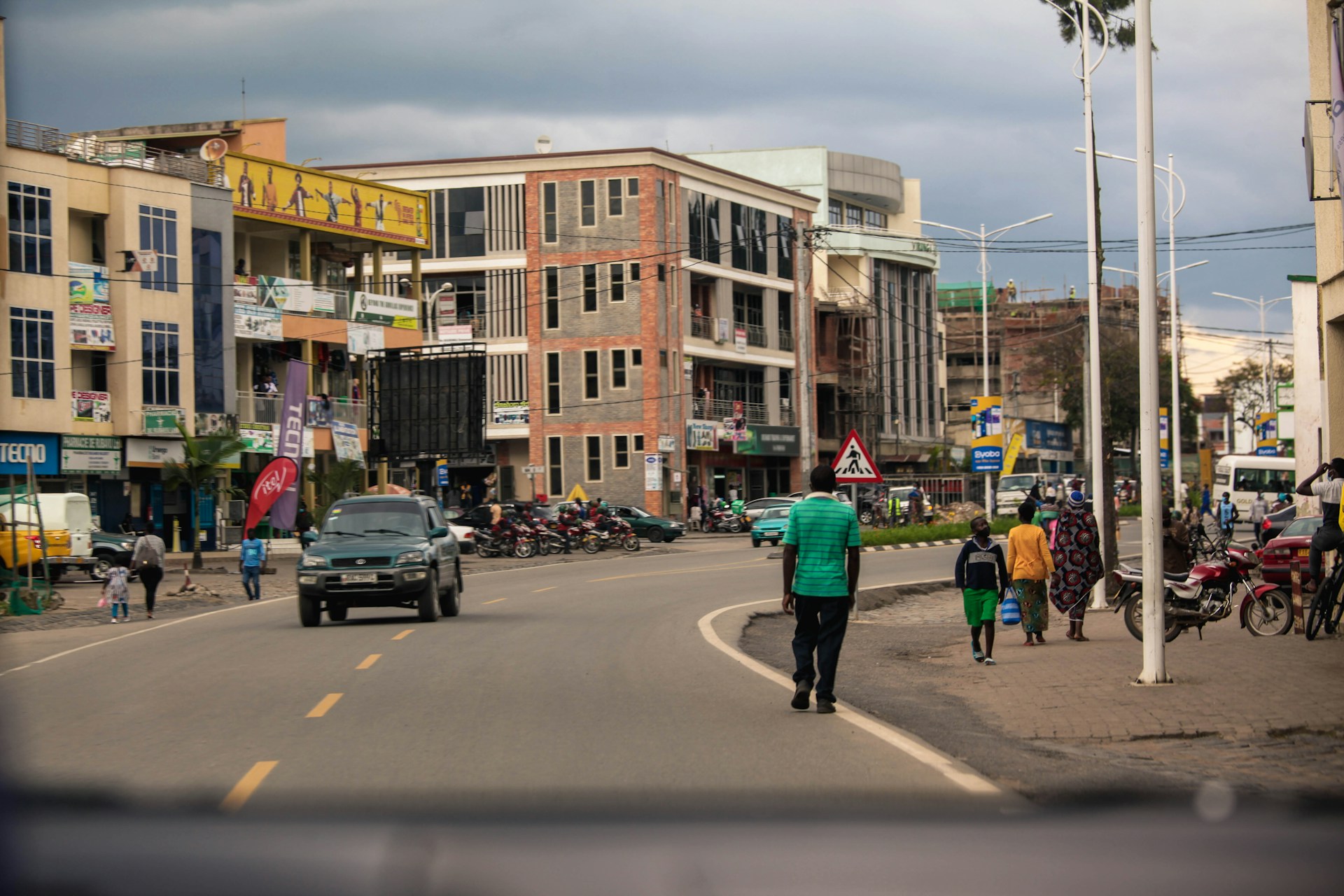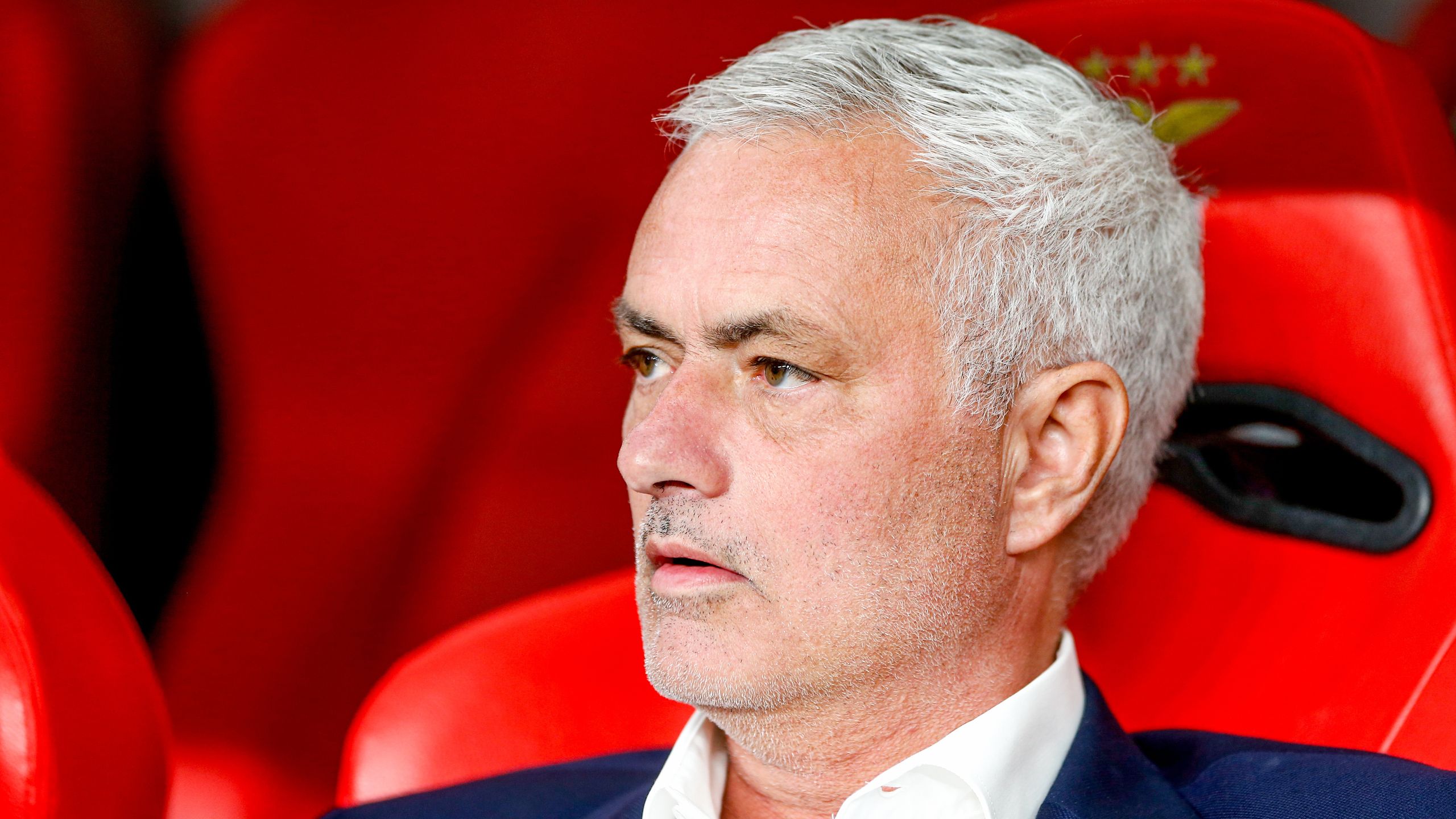In many parts of Africa, where hand-me-downs and second-hand markets dominate the cyclic ownership of goods, people still discard items they no longer need while others nearby struggle to afford them.
In 2024, Ugandan software developer Namwanza Ronald saw this as a challenge and founded Neibar, an app that lets people give their pre-owned items away for free, extending their lifespan while meeting real needs in low-income households.
Ronald’s mission is to cut waste and close inequality gaps in African communities by making gifting pre-owned items easy and dignified. Through the location-based app, people can list household, school, or workplace items they no longer need, and neighbors can pick them up.
“Existing platforms for used items mostly focus on buying and selling, which leaves a big gap. But Neibar set out to close that gap by reducing waste and inequality across African communities, making purposeful giving easy, accessible, and stigma-free,” Ronald told .
How it works
The app, currently available on Android, requires users to sign up with basic information and location. That way, they can see when someone in their neighborhood is giving away an item.
A user’s dashboard displays categories of items from household goods to clothing and learning materials.
When a user lists an item to give away, others in the neighborhood are notified by email and can log in to reserve it on a first-come, first-served basis. With the app’s built-in end-to-end encrypted chats, the giver and recipient can discuss the item and agree on a safe public location for pickup.
“We encourage users to meet in public places where they know it is safe like parks, cafes, or designated community zones where they are receiving items,” Ronald said.
To stop people from hoarding items for commerce, the platform limits each user to five item reservations per day. The system also monitors user activities and can flag users who repeatedly reserve items within short intervals.
Giving meets need
For beneficiaries, the impact can be immediate. When Sabbi Derrick began his computer science degree at Makerere University in Uganda, he realised he needed a laptop to keep up with his coursework but he had none. He often borrowed from a friend, which left him behind in practice and struggling to keep pace with his peers. The pressure to get his own laptop grew as he entered his second year.
“I was desperate,” Derrick said. “Laptops here are so expensive. At the time, I couldn’t afford one because to buy such a gadget it would cost about UGX600,000 ($171) to UGX700,000 ($200),” he stated.
That changed when Derrick discovered Neibar on Facebook and signed up. Through the app, he received a used laptop from a stranger in his neighborhood, the same one he now relies on for coursework and coding.
“It made me improve in the course of my study because it’s what I’m using right now for school and other things that I’m doing like learning tech skills.”
In Kenya, Nabatte Kevina turned to Neibar when shopping for essentials for her growing daughter. One of those needs was a bed and she found one listed on the app that she reserved and secured.
For Kevina, the gift eased the financial pressure of buying a new bed. “When I checked the platform, I didn’t see much, but I was able to get a bed for her.”
Funding and traction
According to Ronald, Uganda has become Neibar’s strongest market, while uptake in Kenya, Nigeria, and South Africa remains slow. Outside Africa, adoption has been minimal, largely because there are no representatives promoting the platform on the ground.
The platform is currently self-funded with little contributions from family members. He affirmed that the platform will remain free for users in the long term, addingthat charging fees would undermine its mission of free and stigma-free giving, especially for households that cannot afford even second-hand markets.
While Neibar’s model is not venture capital backable, Ronald admits the platform still needs money to run. Operational costs; from maintaining the technology to supporting infrastructure remain a constant challenge for the platform to keep serving its mission.
To stay sustainable, it is exploring external funding and partnerships. The founder sees these as the best paths to secure long-term financial stability without compromising the platform’s core promise of free and open giving.
“We don’t have any funders right now, but we are exploring partnerships and funding to secure responsibility to keep the platform. So it would be a big opportunity if we could have funding.”
He also outlines a long-term vision to collect products at the end of their life cycle and recycle them into new items, creating a local circular economy in Africa.
“We want to build a circular economy system where if the last person who receives the item feels like the item can no longer be used by someone else, we want to bring back the items and recycle them into something new,” he said.
Mark your calendars! Moonshot by is back in Lagos on October 15–16! Meet and learn from Africa’s top founders, creatives & tech leaders for 2 days of keynotes, mixers & future-forward ideas. Get your tickets now: moonshot..com







